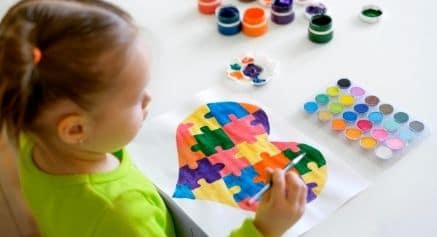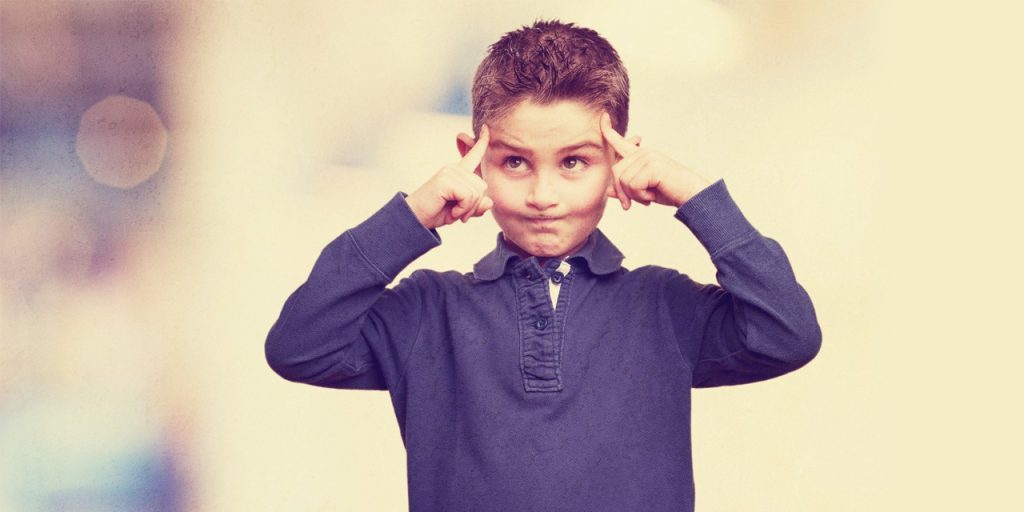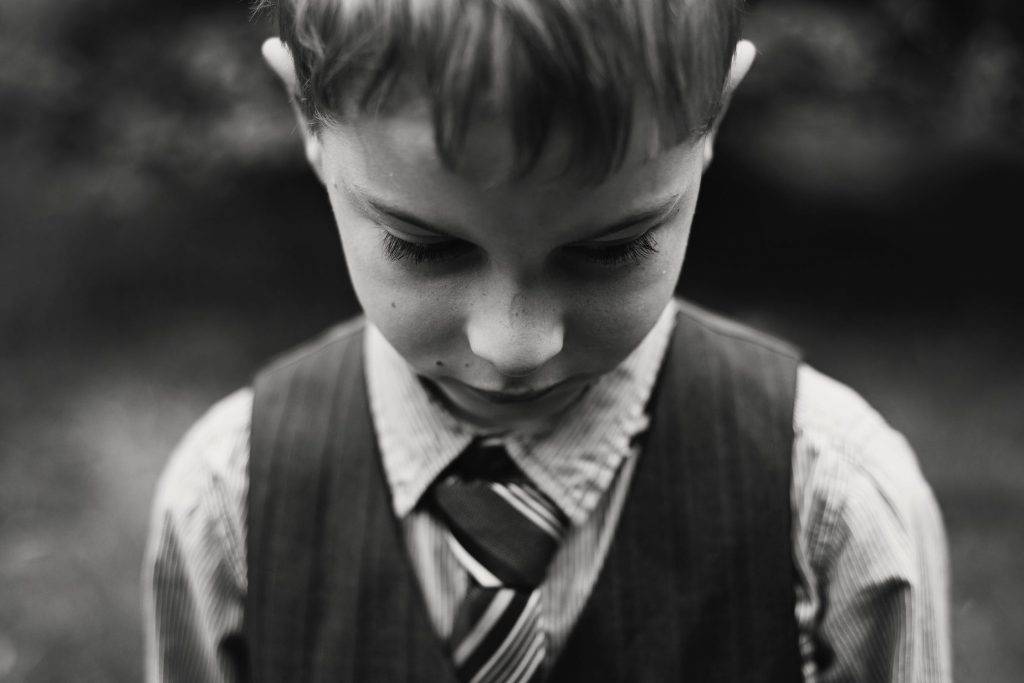Book An Appointment
ADHD Behavior Problems
 Children are god’s gift to mankind and bring happiness to us with their mischief and naughtiness. But in few children, their mischief, obstinate and impetuous behavior may cross the border of acceptable norms and may be a cause of concern as they may be suffering from a behavioral disorder. ADHD behavior problems may be extremely disruptive when a child ignores all norms or rules and are categorized as “Disruptive behavior Disorder” which includes oppositional defiant disorder (ODD), conduct disorder (CD) and attention deficit hyperactivity disorder (ADHD).
Children are god’s gift to mankind and bring happiness to us with their mischief and naughtiness. But in few children, their mischief, obstinate and impetuous behavior may cross the border of acceptable norms and may be a cause of concern as they may be suffering from a behavioral disorder. ADHD behavior problems may be extremely disruptive when a child ignores all norms or rules and are categorized as “Disruptive behavior Disorder” which includes oppositional defiant disorder (ODD), conduct disorder (CD) and attention deficit hyperactivity disorder (ADHD).
Oppositional defiant disorder
It is a disturbing behavior in a child where the child flies into a rage at least provocation, refuse to adhere to any rules, has low self-esteem. The parents may find the child to be very argumentative and disobedient, does not accept responsibility and blames others for their mistakes. They drive vicarious pleasure in troubling others and gets frustrated easily.
Conduct disorder
This disorder is seen more often in males than females and is most obvious by ten years of age. Here the child shows a tendency towards delinquency. He exhibits an aggressive and bullying behavior. He can be deceitful and quarrelsome and also may indulge drugs and other narcotics. They do not listen to parents or authority and if not controlled may become vandals and arsonists.
Bipolar disorder
This is also known as a manic-depressive or manic depressive disorder. The child suffering from this undergoes extreme mood swings. Sometimes they feel excessive joy or happiness and show unusual activity and energy levels which are also known as manic episode and other times they are extremely unhappy and sad and shuns company. This phase is called depressive episodic phase. Unlike the mood swings in normal children, they display it in extreme and are accompanied by sleep and personality disturbances. With timely help, the mood swings can be controlled and children can lead to more or less normal life.
Learning disorders
It is a wide range of disorder affecting a child’s ability to learn. The child may have normal intelligence but the way they receive and process information may be different. Usually, learning disorders involve weakness in reading, writing, maths, reasoning, and organizing. They may impact a child’s academic performance and undermine their confidence. The most common type of learning disorders are:
- Dyslexia – in which the ability to read and write is affected. They may write “b” as “d” or “p” as “q” or misspell words. They may find the letters or words “dancing”.
- Dysgraphia – difficulty in writing. The teachers may complain that the child’s handwriting is not legible, they have difficulty in writing within the parameters of the space given.
- Dyscalculia – difficulty in performing simple math calculations.
- Auditory Processing Disorder – affects the way sounds are interpreted and processed by the brain.
- Language Processing Disorder – affects the way the brain interprets the meaning of the words, sentences, and stories.
- Non-verbal Learning Disability – where the child may have difficulty understanding facial expressions and gestures.
Childhood anxiety disorder
Just like adults, even children may have few anxiety or panic attacks but in a few children, the worry over trivial things is far more than normal. Some children may display depression signs along with anxiety. The child may also indulge in body-focused repetitive behaviors like hair pulling, lip or nose picking, biting nails and may have over or under indulgence in food. Anxiety disorders include:
- Panic attacks – sudden and intense fear as if something bad is about to happen.
- Obsessive Compulsive disorder – uncontrolled thoughts on one subject only bordering on obsession and repetitive actions like washing hands, checking doors and windows.
- Separation Anxiety – where child displays extreme anxiety while separating from parents or close ones. They may refuse to sleep in a different room, refuse to go to school leaving their parents, etc.
- Phobias – unreasonable and unfounded fears like fear of dogs, swimming, etc.
- Post-traumatic stress disorder – anxiety after a traumatic experience which a child might have witnessed or experienced and needs to be handled with cares. A child may have recurrent nightmares, have flashbacks and may be irritable.
- Depression – in current modern life it is not uncommon to see children suffering from depression. The symptoms of depression vary from child to child. Generally, in depression, the child may have low self-esteem, consider themselves as unworthy and ugly, lose interest in social interaction or play and withdraws from society. They may also show signs of disinterest in eating or may indulge in binge eating and have sleep disturbances. The child may be irritable and have sudden outbursts of crying or anger ad may be complaining of vague illness like a headache.
To know more about ADHD behavior problems, click here.






